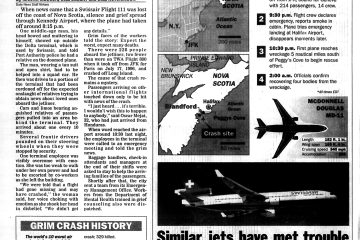Understanding 911 Services in Nashville: A Current Overview

Introduction
The importance of a well-functioning emergency response system cannot be overstated, especially in urban areas like Nashville, Tennessee. The 911 service is critical in ensuring public safety, providing immediate assistance in emergency situations like medical crises, fires, or crimes in progress. Recent developments regarding Nashville’s 911 operations have highlighted both challenges and improvements, underlining the need for ongoing support and resources.
Current Developments in Nashville’s 911 Service
Nashville’s 911 service operates under the Metro Nashville Emergency Communications Center (MNECC), which has faced increased call volumes post-pandemic. In August 2023, MNECC reported a record 25% rise in emergency calls, attributed to both population growth and heightened community awareness about reporting emergencies. This surge has put additional pressure on the system, prompting city officials to explore various solutions.
In response to these challenges, Nashville has implemented new technology to enhance call handling and response times. The city has invested in updated dispatch systems, which streamline communication between callers and emergency responders. Furthermore, training programs for dispatchers are being expanded to ensure they are equipped to handle a wider range of situations and to provide appropriate pre-arrival instructions to callers.
Community Involvement and Awareness
Another vital aspect of the 911 service in Nashville is the involvement of the community. Recent awareness campaigns have aimed to educate residents on when to call 911 and the importance of non-emergency numbers for less urgent situations. This initiative has reportedly decreased non-emergency calls by 15% over the past six months, allowing dispatchers to focus more on critical emergencies.
Conclusion and Future Considerations
The effectiveness of Nashville’s 911 services is crucial for public safety and community well-being. The recent surge in calls and subsequent improvements highlight the dynamic nature of emergency services in an evolving urban landscape. As Nashville continues to grow, ongoing investment in technology and training, along with community education efforts, will be essential. Future forecasts suggest that as the population increases, so too will the demand for efficient emergency services, necessitating strategic planning to ensure that Nashville’s 911 service remains robust and responsive.









